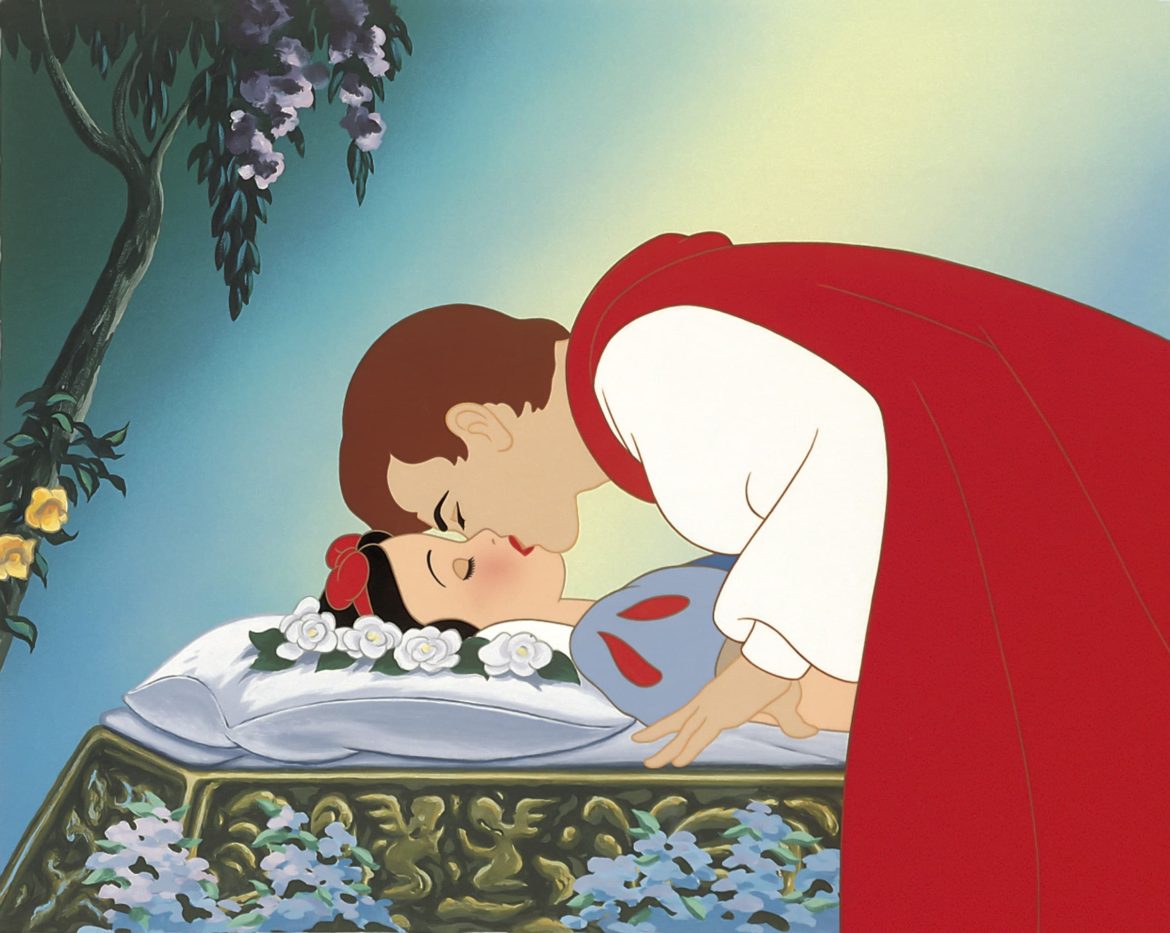According to Dictionary.com, “Cancel Culture” is defined as the “popular practice of withdrawing support for (canceling) public figures and companies after they have done or said something considered objectionable or offensive.” It is also described as typically “being performed on social media in the form of group shaming”. Sound familiar?
There have been many public figures, ranging from entertainers to politicians, in the last few years who have been “canceled”…and to what end? Cancel culture as it currently exists doesn’t give people a chance to learn from or apologize for their wrongdoings. Recently, the topic of canceling Prince Charming in “Snow White” came up because he “kissed her” without consent, trying to save her life.
In the case of celebrities or influencers, many of whom documented a long portion of their lives on the internet, oftentimes words or actions they have said or done come back to haunt them. While we shouldn’t ignore someone’s past; in some cases, not allowing the individual in question to “move on” and show that they have evolved as a person undermines the whole point of “canceling” them in the first place.
With some public figures like James Charles or Doja Cat, here’s how “canceling” seems to go down:
- Past “evidence”, like past tweets or videos, are dug up to call out problematic and or allegedly troublesome behavior.
- These public figures receive a tidal wave of negative comments on various social media platforms, news articles are written to point out the “canceling” of said person and, these days, several YouTube videos are made about the cancelation.
- Typically after a few weeks, or even a few days, the negative attention dies down and the “canceled” individual in question goes back to their career almost as if nothing happened.
As opposed to educating a person or “punishing” them for past transgressions, “cancel culture” feels more like a way for many to feel vindicated and powerful in shutting down, at least temporarily, a person’s media image of their career.
Written by: Nicole Kirichanskaya


